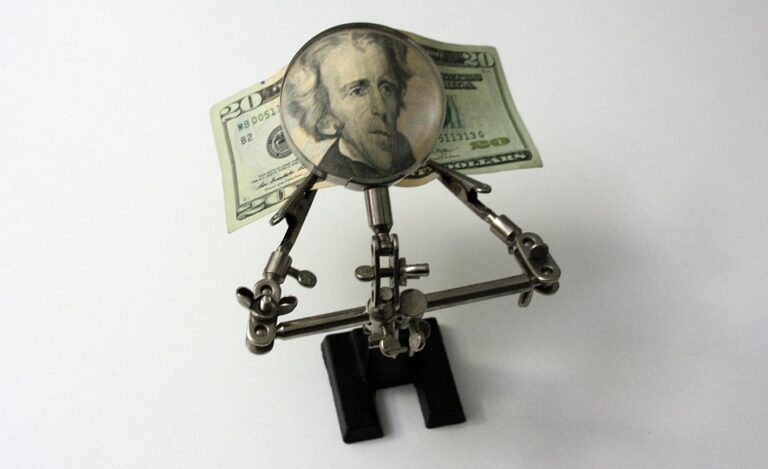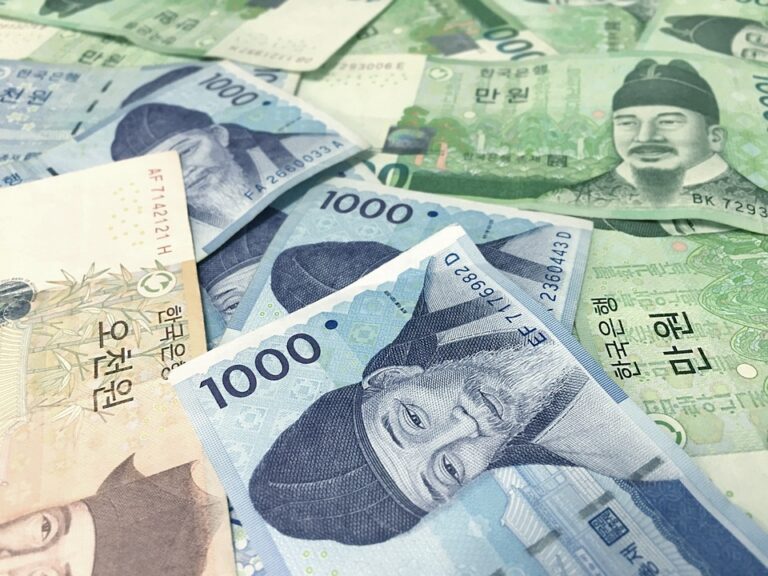Last updated Feb. 22, 2025 by Charles Zemub
Every journey begins with a single step, and for many, the path toward financial independence often starts with learning the ropes of using credit responsibly. My foray into the world of credit cards was both exciting and intimidating. This article chronicles my experiences, along with the lessons learned and the remarkable benefits I discovered along the way. It offers insights and guidance for anyone just beginning their credit journey.
Beginnings: My Introduction to Credit Cards
Growing up, financial conversations in my household were rare. My parents managed their budget using cash and debit cards, and credit cards were barely mentioned. I first encountered credit cards during my freshman year in college. On orientation day, numerous banks had set up booths with flyers, enticing students with offers of low-interest rates and attractive sign-up bonuses.
At that time, I had limited knowledge about credit cards beyond knowing they allowed purchases without immediate payment. However, I was intrigued by the convenience they promised, particularly in emergencies. That same day, clutching my free promotional water bottle and complimentary pen, I submitted my very first credit card application.
My First Credit Card: A Mixed Experience
Shortly afterward, my first credit card arrived in the mail. The sleek design and embossed digits made it seem almost magical—as if access to new possibilities lay within my wallet. The attached letter welcomed me to the world of credit with a modest line limit of $500, sufficient for any unforeseen expenses on campus.
The initial months were a learning curve. I was cautious with my spending, using the card to make small purchases like textbooks and snacks. Watching my balance increase felt unsettling, but in sticking to my plan of paying off the balance monthly, I recognized the importance of establishing a positive credit history.
The Perils of Overconfidence
The lure of easy money is often misleading. In my second year, a credit card company offered to enhance my credit limit to $1,500. Awash with a sense of newfound financial freedom, I accepted without hesitation. This was my first lesson in understanding that with greater credit limits come greater responsibilities.
I began using my card for larger expenses, like electronics and dining out. The reckless freedom of ‘buy now, pay later’ proved intoxicating, and soon, I found myself unable to clear the balance each month. Interest compounded, and the debt seemed to grow with a life of its own. It took a few harrowing months before I admitted to myself that I needed to rein in my spending and educate myself about credit management.
Learning the Rules of the Game
Acknowledging the pitfalls I encountered was the first step toward gaining control. I began my education on credit management by reading books, attending workshops, and seeking advice from financial advisors.
Key Lessons Learned:
-
Understanding Interest Rates: I learned that credit card interest rates could be steep and usually applied to unpaid balances. It quickly became apparent that paying the full balance each month was ideal to avoid falling into the trap of accruing large interest fees.
-
The Importance of Credit Scores: My research showed that credit card use could either positively or negatively impact my credit score, based on my payment history and the amount of credit I utilized. I understood that maintaining a healthy credit score is crucial for future loans or even renting an apartment.
-
Reading the Fine Print: Contracts can be complicated on purpose, and missing the details might lead to unexpected fees or obligations. Now, I always make certain to read all the terms and conditions.
-
Budgeting Is Key: To manage payments efficiently, I devised a budget that included a monthly estimate for credit card expenses. This discipline allowed me to maintain control over my spending and ensure that I stayed within my means.
- Utilizing Rewards Wisely: Many cards offer rewards in the form of cash back, travel points, or other benefits. By using these advantages strategically, I learned to maximize value without overspending to earn points.
Building Credit as a Tool for Financial Freedom
With the knowledge I had gathered and implemented practices, I swiftly corrected course, focusing on rebuilding my creditworthiness. Each timely payment became a testament to my resolve, and eventually, I witnessed my credit score rising. Credit cards, I realized, were not mere means of deferred payment but valuable tools that, when used wisely, could facilitate financial flexibility and independence.
Opportunities Unlocked
Through responsible credit use, several doors opened up for me:
- Travel: Credit card rewards enabled me to travel affordably. My prudent management of points meant I could fund airline tickets for a much-needed vacation during school breaks.
- Emergency Preparedness: Unlike relying solely on savings, a credit card provides an additional safety net in emergencies, ensuring financial stability even in unexpected situations.
- Enhanced Creditworthiness: A solid credit history proved indispensable when seeking car loans, thereby aiding in securing better interest rates.
✓ Short Answer
Getting started with credit cards was a pivotal step in my financial journey. Initially enticed by easy access to funds, I quickly learned the responsibilities that accompany credit usage. After an early period of overspending, education was key: I delved into understanding interest rates, credit scores, and the importance of budgeting. This newfound financial literacy transformed my view of credit cards from instruments of debt to invaluable tools for building a robust credit history and achieving financial goals. Now, with disciplined usage and strategic management of rewards, I experience the freedom and flexibility that responsible credit use can offer.
FAQs Section
Q: What is the first step to take when getting a credit card?
A: The first step is to research different card options and choose one that aligns with your spending habits and financial goals. Consider aspects such as interest rates, fees, and any rewards programs offered.
Q: How can I avoid falling into debt with a credit card?
A: Avoid debt by setting a budget, tracking your spending, and always paying off your balance in full, if possible, each month to avoid accruing interest charges.
Q: Why is it important to understand interest rates on credit cards?
A: Understanding the interest rates can help you manage your debt and expenses better, as carrying a balance can lead to high interest charges that can escalate quickly.
Q: How can I maximize credit card rewards without overspending?
A: Use your credit card for routine purchases you would make anyway, pay off the balance in full, and choose a card with rewards that align with your lifestyle.
Q: How do credit cards affect my credit score?
A: Credit cards influence your credit score based on your payment history, credit utilization ratio, length of credit history, and the types of credit you use. Consistent, on-time payments, and low balances relative to your credit limit positively impact your score.
My journey with credit cards highlighted both the potential pitfalls and the significant benefits they can offer when used responsibly. For anyone starting out or seeking to better manage their credit, knowledge is your most powerful ally.




